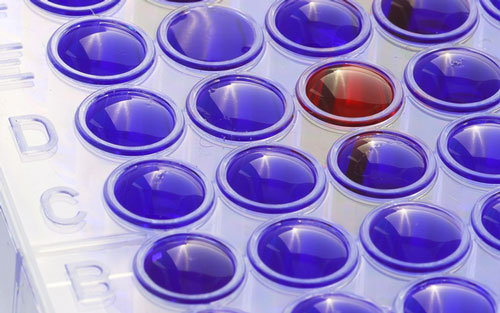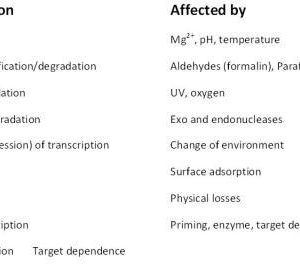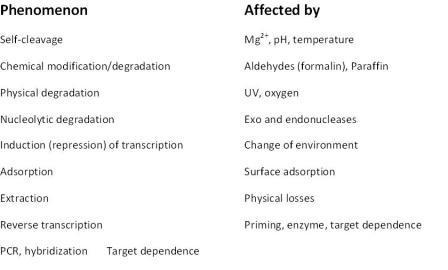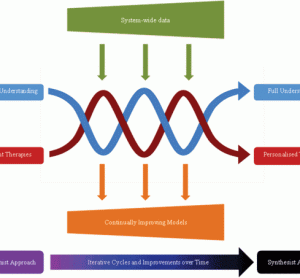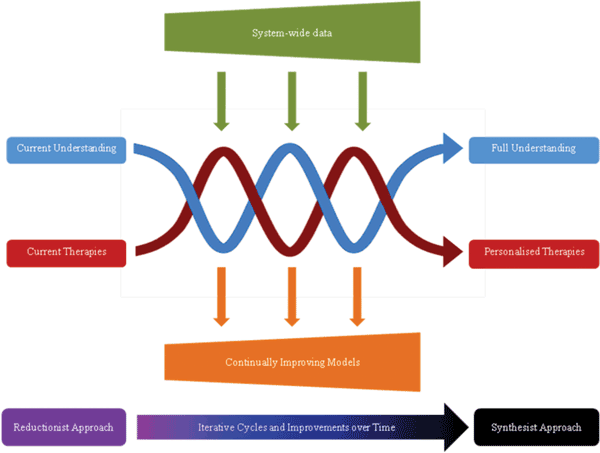MIQE compliance in expression profiling and clinical biomarker discovery
6 January 2016 | By Irmgard Riedmaier, Melanie Spornraft, Benedikt Kirchner and Michael W. Pfaffl, Technical University of Munich
Molecular diagnostics and biomarker discovery are gaining increasing attraction in clinical research. This includes all fields of diagnostics, such as risk assessment, disease prognosis, treatment prediction and drug application success control. The detection of molecular clinical biomarkers is very widespread and can be developed on various molecular levels, like the…




